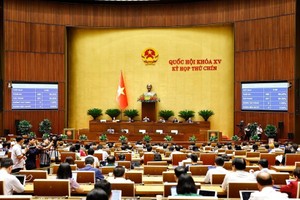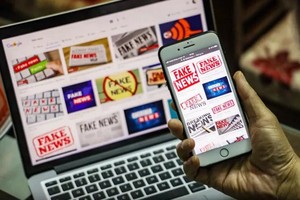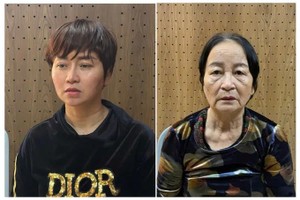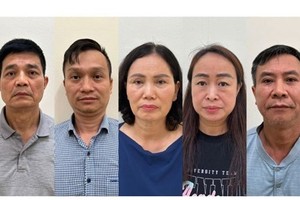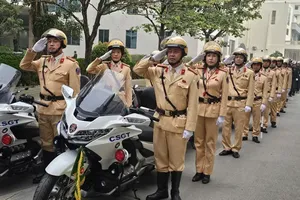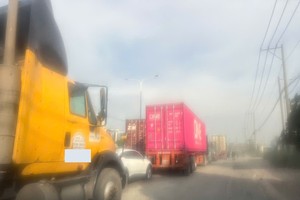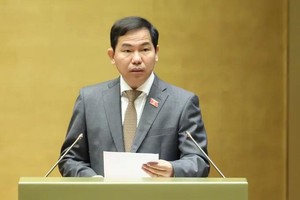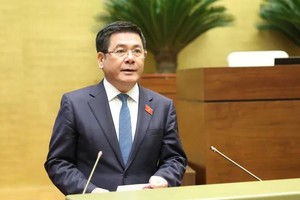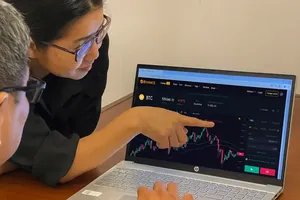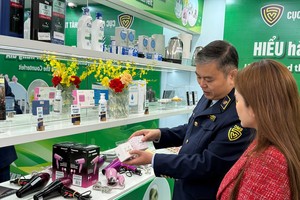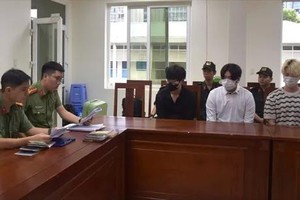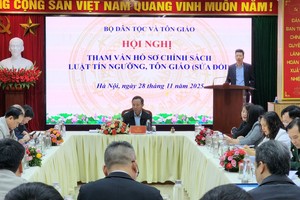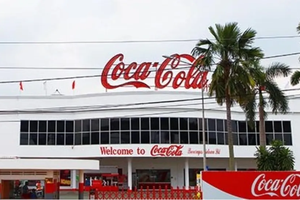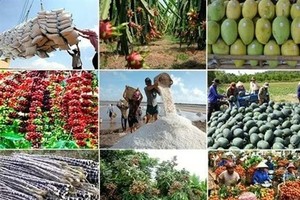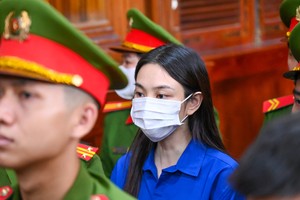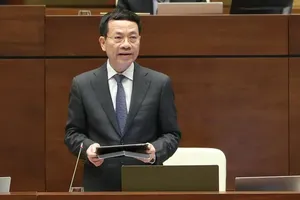Effective as of December 25, 2024, Decree 147/2024/ND-CP (Decree 147) introduces several new provisions, including the management of cross-border information, the verification of user accounts, as well as the monitoring, prevention, and removal of unlawful online content.
Particularly noteworthy is the decree’s requirement for the storage and verification of social media user information using mobile phone numbers or personal identification numbers. Only verified accounts will be permitted to post and share information.
This provision has quickly become a focal point, attracting a wide range of opinions. Opponents and those with biases against Vietnam have seized upon this to accuse the government of infringing on freedom of speech.
These people argue that by requiring account verification, the Vietnamese government is preparing for a crackdown on social media, forcing citizens to remain silent out of fear, suppressing dissenting opinions, and encouraging conformity.
These claims are entirely unfounded and intended to sow discord between the Party, the State, and the people. Vietnam has always respected the genuine values of human rights, including freedom of speech.
Legally, freedom of speech is enshrined in Article 10 of the 1946 Constitution. The 2013 Constitution further affirms: "Citizens have the right to freedom of speech, freedom of the press, access to information, assembly, association, and demonstration" (Article 25).
The Vietnamese State has consistently created favorable conditions for citizens to exercise their right to freedom of speech so that they can express their thoughts and opinions, and participate in social feedback. The government's policies regarding internet and social media management are also open and transparent.
Until the beginning of 2024, there were 78.44 million citizens nationwide using the Internet, 73.3 percent of whom have an account to access social networks. This helps Vietnam to enter the list of global top-20 social network user quantity.
Social media applications have become increasingly popular and serve as important channels for interaction in modern life. Alongside their benefits, however, social media also presents various drawbacks and negative aspects. The anonymity provided by these platforms has emboldened some ill-intention people to express harmful, depraved, and violent thoughts without considering the consequences.
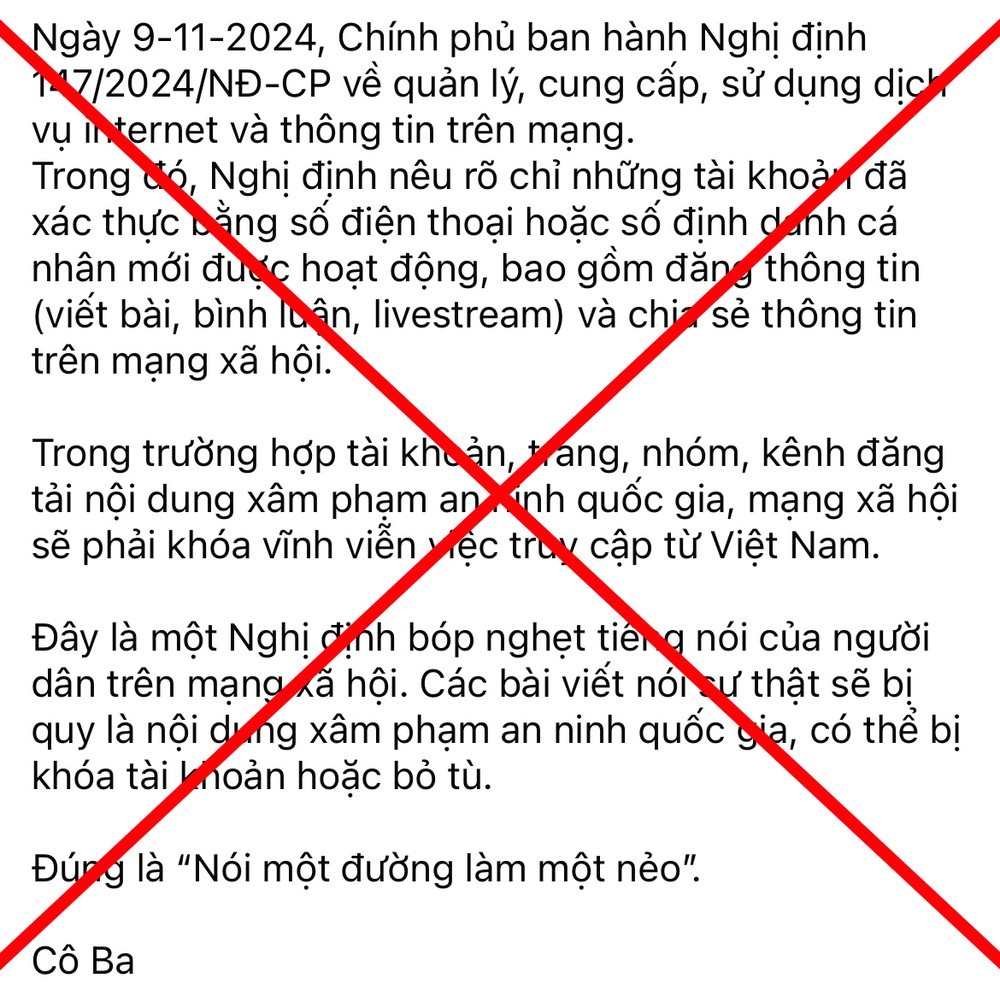
Some individuals have exploited social media to disseminate harmful ideologies, promote immorality, incite violence, and violate laws to harm the national security and social order. It is imperative to emphasize that freedom of speech does not equate to the right to make arbitrary or reckless statements; rather, it must be exercised within the bounds of the law and without infringing upon the legitimate rights and interests of others.
The International Covenant on Civil and Political Rights of 1966 (1966 ICCPR) stipulates the right to freedom of expression but also emphasizes that the exercise of this right "may be subject to certain restrictions that are provided by law and considered necessary for respect of the rights or reputations of others; for the protection of national security, public order, public health, or public morals."
In the digital age, countries worldwide have recognized the potential threats posed by cyberspace and have implemented regulations to more effectively control this environment.
The US, for instance, has enacted the National Cybersecurity Strategy and executive orders to enhance the government's ability to administer social media platforms. Similar actions can be found in Russia or the European Union in order to more effectively control activities of their citizens on these platforms and prevent the misuse of freedom of speech for hateful and negative expressions.
Decree 147 aims at fostering a healthy and beneficial online environment while preventing negative societal consequences. This aligns with Vietnam's commitment to international human rights conventions and the legal practices of many other countries.
For users with clear and legitimate activities, the verification process is a routine formality and should not be a cause for concern. The majority of citizens support Decree 147. In fact, feelings of fear and anxiety are primarily experienced by those who engage in illegal activities or use anonymous accounts to make irresponsible and reckless posts.
It is, therefore, ironic that individuals who habitually spread misinformation and engage in harmful online behavior would cry foul when faced with the possibility of being identified.
Account verification will help to reduce fraud and anonymity, minimize the spread of misinformation, and curb online scams. Social media users must be responsible for the content they share online. Thanks to this Decree, law enforcement agencies will be better equipped to prevent, detect, and address harmful online content.
